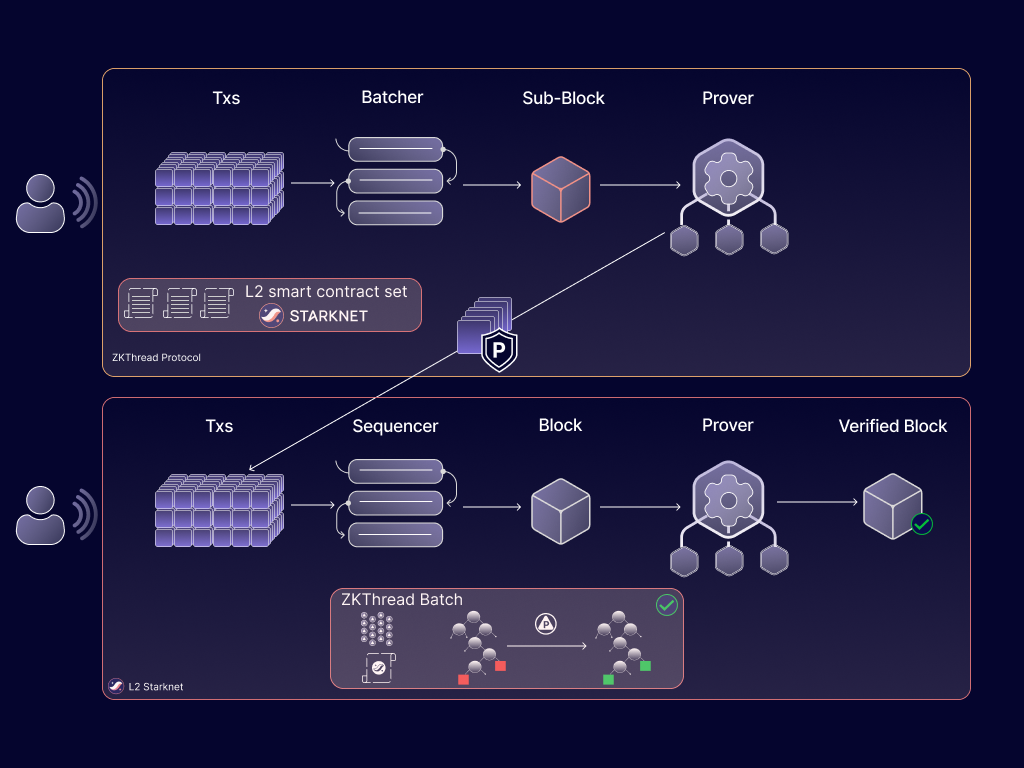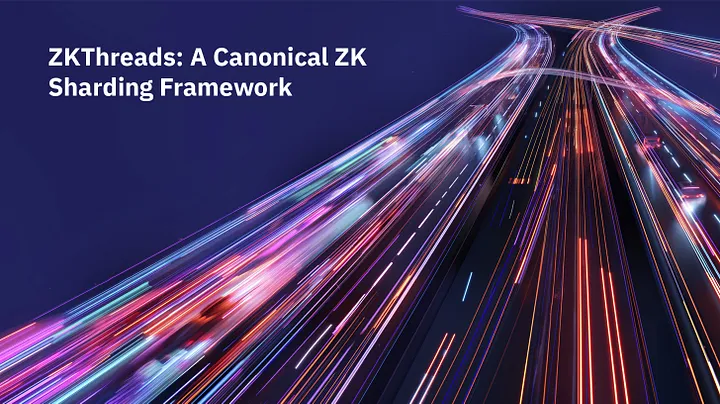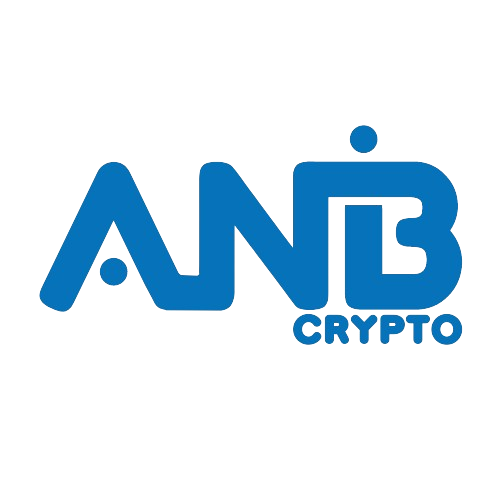Key Points
ZKThreads are a framework that can optimize the performance and scalability of decentralized applications (dApps) using zero-knowledge proofs (ZKP).
ZKThreads can provide advantages such as better user experience, lower transaction costs, and increased security.
ZKThreads can be used in various applications, such as decentralized exchanges (DEX), session-based games, zk-secured middleware, and AI systems on the blockchain.
Introduction
Security, composability, and interoperability are crucial for the efficient performance of decentralized applications (dApps), but they are often difficult to balance. ZKThreads offers a possible solution to this dilemma. In this article, we will explore what ZKThreads are, how they work, how they differ from other zk solutions, some of their benefits, and use cases.
What are ZKThreads?
ZKThreads is a zero-knowledge framework that enhances the performance and scalability of dApps. They utilize Starknet capabilities to create a standardized environment for developing and running interoperable applications on the blockchain.

How do ZKThreads operate?
1. Implementing Application Logic
The process begins with implementing the application logic in the ZKThreads application contracts. These contracts are essentially the rules and procedures that govern the operation of an application.
2. Batching Transactions
Instead of handling each transaction individually, ZKThreads groups multiple transactions into a single batch. It is more efficient to process them in large quantities.
3. Creating Proofs
Then, a cryptographic proof called a STARK proof is created to ensure that all transactions in the batch are valid and have been processed according to the contract rules.
4. Verification
The STARK proof is sent to the Layer 2 sequencer, where it is verified against the canonical record of the dApp. The ZKThread Verifier, a contract on Starknet, verifies the proof to ensure its accuracy. If the proof is valid, the ZKThread Verifier updates the canonical state record of the dApp.
ZKThreads vs. other zk solutions
Data Handling: ZKThreads are designed to store state and transaction data off-chain while using zero-knowledge proofs (ZKP) to validate transactions. This differs from many traditional zero-knowledge rollups (zk-rollups) that move computation off-chain but still store transaction data on-chain.
Interoperability: ZKThreads prioritize interoperable applications, reducing fragmentation and ensuring different dApps can interact seamlessly within the same ecosystem.
Validation Mechanism: The verification process in ZKThreads involves creating STARK proofs that validate the accuracy of batch transactions and state changes. These proofs are verified against the dApp’s canonical state. In contrast, some zk-rollups like zkSync use zk-SNARK or zk-STARK to create cryptographic proofs that are verified on-chain.
Benefits of ZKThreads
Improved User Experience
ZKThreads enhances the user experience by enabling seamless interaction between different dApps. Users can access multiple applications without having to switch networks.
Cost Reduction
By batching transactions and processing them all at once, ZKThreads reduces the number of transactions that need to be recorded on the main blockchain. This reduces transaction fees for users, making dApps more affordable.
Increased Security
ZKThreads use ZKP to enhance security. ZKP allows transaction validation without revealing underlying data, preserving privacy. Additionally, they ensure all transactions are processed according to predefined rules, preventing unauthorized activities.
Applications of ZKThreads
Layer 2 Decentralized Exchanges
ZKThreads can make DEX on Starknet more efficient by reducing transaction fees for users. With ZKThreads, users only pay fees when withdrawing their funds, reducing the overall cost of trading.
Session-based Games
In session-based games, such as poker and chess, ZKThreads can help bundle fees. Instead of paying a fee for each move, players only pay a fee at the end of the game when the final results are recorded on Starknet.
Shared Liquidity Infrastructure and zk-protected Middleware
ZKThreads offer a secure and efficient framework for middleware applications, such as oracles and bridges. By creating functionality directly within a ZKThread, these applications can leverage ZKP to ensure security and interoperability.
On-chain AI
ZKThreads provide the computational power needed to run AI models directly on the blockchain. This means an AI program can be managed within a ZKThread, keeping its core data and operations consistent.
Conclusions
ZKThreads is a framework for building scalable and secure dApps using ZKP. They can be used for Starknet DEX, session-based games, and middleware applications. Unlike other zk solutions, ZKThreads emphasize interoperability, keep all data off-chain, and use a different verification mechanism. Moving forward, ZKThreads has the potential to significantly improve the performance and usability of dApps.

